Laura Avila and her daughter Laura Vera Martinez waited nervously on the United States side of the border with her mother standing inches away from them in Mexico. Rusted pillars and steel mesh divided them. They could hear one another, but not touch.
Avila had driven 140 miles from Los Angeles to San Ysidro, a San Diego district and the last U.S. exit before entering Mexico. Her mother, Maria Socorro Martinez Lopez, had flown 1,821 miles from Puebla, Mexico, to Playas de Tijuana for a chance to see her daughter and granddaughter.
Only six families and two alternate families were selected by Border Angels, a humanitarian group, and the U.S. Border Patrol to have the opportunity to briefly reunite with their loved ones that could not legally visit because of their Deferred Action for Childhood Arrivals (DACA) program/work permit. It allows them to stay in the U.S. but also prevents them from being able to leave. Most of their families across the border also cannot visit legally because they have been deported.
Avila’s family was an alternate. There was no guarantee she was going to get see her mother after more than 20 years of being separated, but Avila was hopeful.
Five minutes before the event started, Enrique Morones, founder of Border Angels, gave Avila the news that a designated family did not show. It was news that meant that she would get to embrace her mother for the first time in 20 years – for three minutes. Her mother would also get to meet her granddaughter for the first time – for the same shared three minutes.
Border Angels held the Opening the Door of Hope event at Friendship Circle in Border Field State Park on Nov. 19 in celebration of the United Nations’ International Children’s Day on Nov. 20. During the past three years, the event was hosted on Mexico’s Day of the Child on April 30. This year, Border Angels was able to host the event twice in one year.
For the fourth time in history, Border Patrol agents lifted the rusted steel bar that sealed the emergency door in the border fence that divided Tijuana from San Ysidro along Friendship Circle.
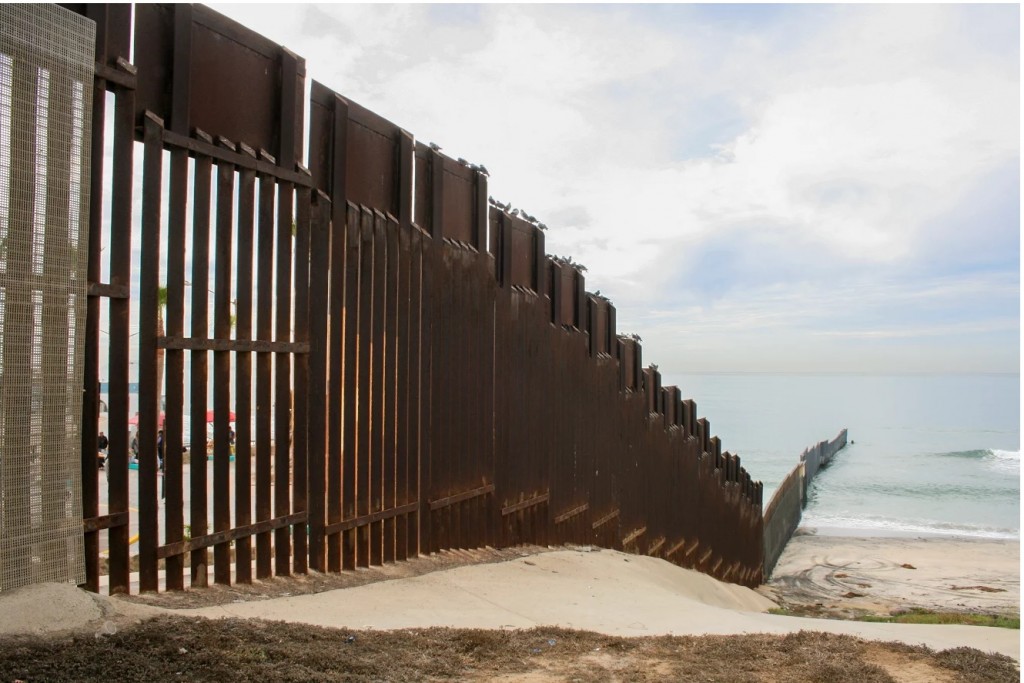
Each of the six families present were guided one by one to the doorway. For 180 seconds, family members embraced, kissed and exchanged words of love. Spectators observed, journalists elbowed each other to capture the emotional moments and Border Patrol agents carefully watched over the families.
At first, spectators clapped for the joyous reunions and camera shutters flickered nonstop. As the enormity of the event soaked in, silent sobs and the crashes of Pacific Ocean waves in the distance were the only sounds heard.
Luis Eduardo Hernandez-Bautista was the first person to get to see his family. His girlfriend had submitted an application on his behalf as an early birthday gift. He was 5 years old when he first came to the United States. Hernandez-Bautista said he hadn’t seen his father in more than five years. His brother also came along but did not get to meet with their father because of the six-person limit.
Tears began to stream down Hernandez-Bautista’s face as he was escorted by Morones and Border Patrol agents to the opening in the fence where his father stood.
They embraced. They cried. They talked about how much they missed each other. As time ran out, the veins of his father’s hands strained as he pulled his son tighter in his embrace.
“It was very emotional and I felt a lot of joy,” Hernandez-Bautista said. “Honestly, I didn’t believe I was going to cry as much as I did. I just wish that it was more than three minutes.”
Hernandez-Bautista is part of President Barack Obama’s DACA program. Because he arrived in the U.S. as a child, he is able to work and study in the country temporarily. Hernandez-Bautista recently renewed his DACA application for the next two years and said he did not expect Donald Trump to win the presidency and is worried because his presidency will last at least four years.
“What Trump has proposed is so scary for a lot of minorities, myself included,” Hernandez-Bautista said. “He has said he plans to undo the law that protects me. He doesn’t even have to look for me. He has my address given that I’m in this program.”
His father was deported more than five years ago and Hernandez-Bautista said the only way his father could come see him is if he came illegally. Morones said the border wall causes migrants to come over to the U.S. illegally, which is dangerous. He said many risk their lives for family reunification.
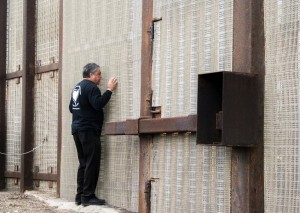
Enrique Morones
“The wall doesn’t stop people,” Morones said. “It just forces people to cross in more dangerous areas. There’s the ocean, there’s tunnels, there’s ladders. So what we want to do is to prove that love is the answer, not hate.”
Jose Luis Hernandez Cruz, a survivor of the infamous freight train, “La Bestia,” known for mangling the bodies of migrants, was also in attendance. Cruz is an immigrant who went through dangerous and illegal means to get to the United States.
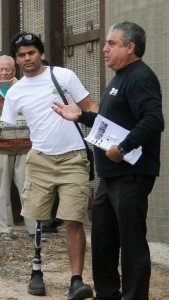
Jose Luis Hernandez Cruz
He was 17 years old when he traveled on the tops of trains for about 20 days with little to no food and water. One day, he fainted and fell off. He lost his right leg, his right arm and all but one finger on his left hand. He now is part of a group called Survivors of the Train and estimates that about 700 people in Honduras have been mutilated by La Bestia.
“Don’t risk crossing, you could die, you could lose your limbs,” he said. “Fortunately, I landed in a city where I got help, when many migrants land in the desert and aren’t so fortunate.”
Some migrants who make it to the U.S. don’t get to stay. Avila’s mother was deported after entering illegally. She said the last time she saw her, her mother was 50 and now she will be turning 71 next week.
“It was an early Christmas present for both of us and a birthday present for her,” she said.
Avila was able to bring only one of her three children, her 11-year-old daughter Laura, to visit her mother. Her daughter had only ever talked to her grandmother on the phone.
When their turn came, the mother, daughter and granddaughter embraced under the doorway and did not let go of one another for the entirety of the three minutes. As time came to an end, Morones walked over to them to tell them their time was up. Avila and her daughter walked away from her mother with faces scrunched from crying.
“Three minutes for us after so many years, you forget those years,” Avila said. “For me and my mom, just to be able to touch her, hold her, I forgot it had been more than two decades. It didn’t matter.”
Two other families able to reunite with their loved ones were regulars of the park. Sisters Delia Valdovinos-Sanchez and Elida Valdovinos Munoz bring their families regularly to the park – it’s open every Saturday and Sunday from 10 a.m. to 2 p.m. – to talk to their loved ones through the fence.
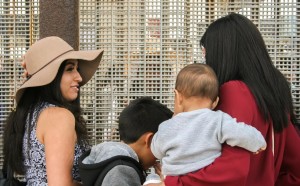
After their emotional reunifications, they declined reporters’ requests for interviews in order to focus on spending time with their families and stayed until the park closed.
Hernandez-Bautista also stayed as long as he could.
As the clock struck 2 p.m., Border Patrol agents walked over to families to let them know their time was up.
Hernandez-Bautista stuck his pinky through the steel mesh in order to touch his father one last time before Border Patrol agents ushered the last few people out of Friendship Circle.
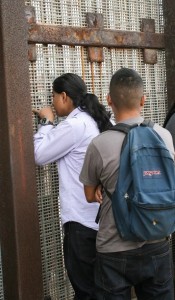
Morones said he has been in contact with other humanitarian groups along the U.S.-Mexico border and hopes to have this event happen in all four border states – California, Arizona, New Mexico and Texas – on April 30, 2017, for Mexico’s Day of the Child.
“We wish that we could do this every day, but we can’t,” Morones said. “This is not a political event. This is an event that says love has no borders.”
Bianca Quilantan is a journalism major at Chico State and an occasional contributor to ChicoSol. She recently placed second in the Associated Collegiate Press National Reporter of the Year contest.

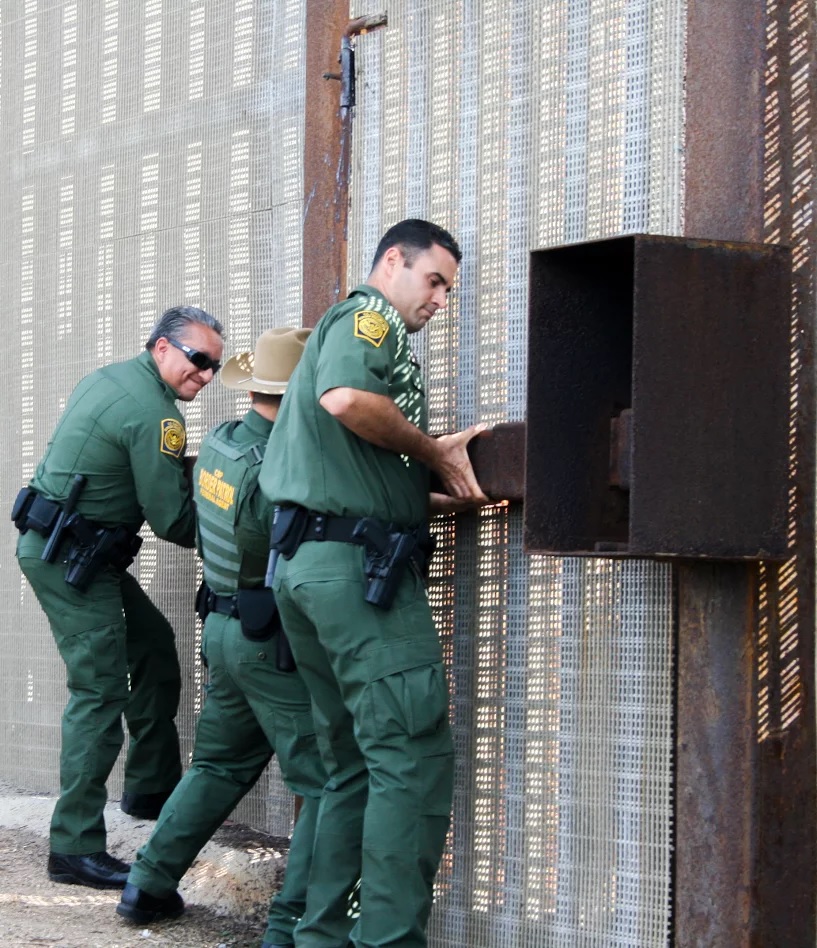
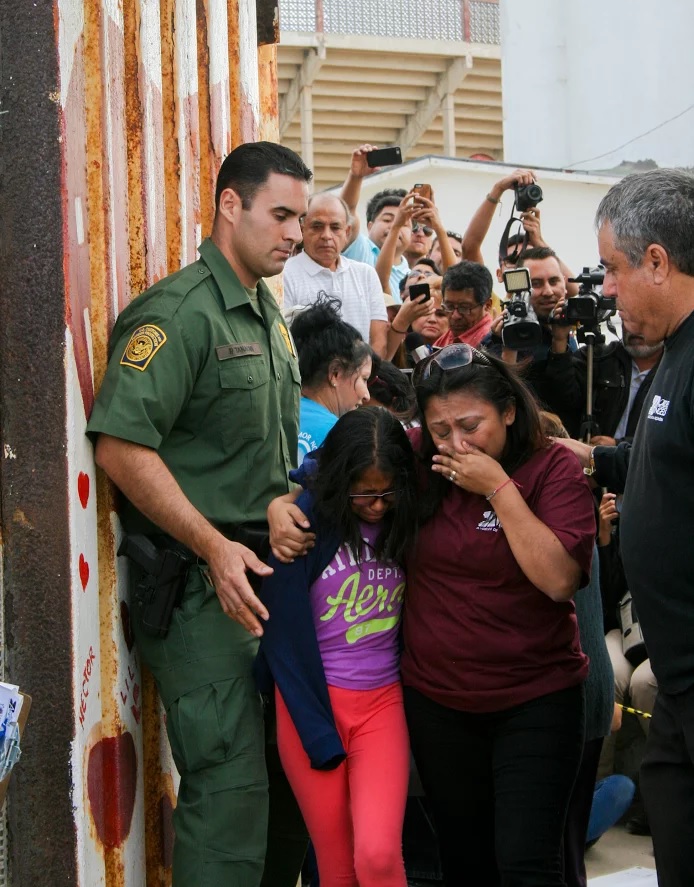
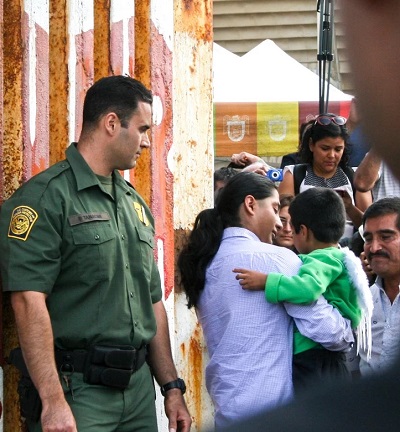
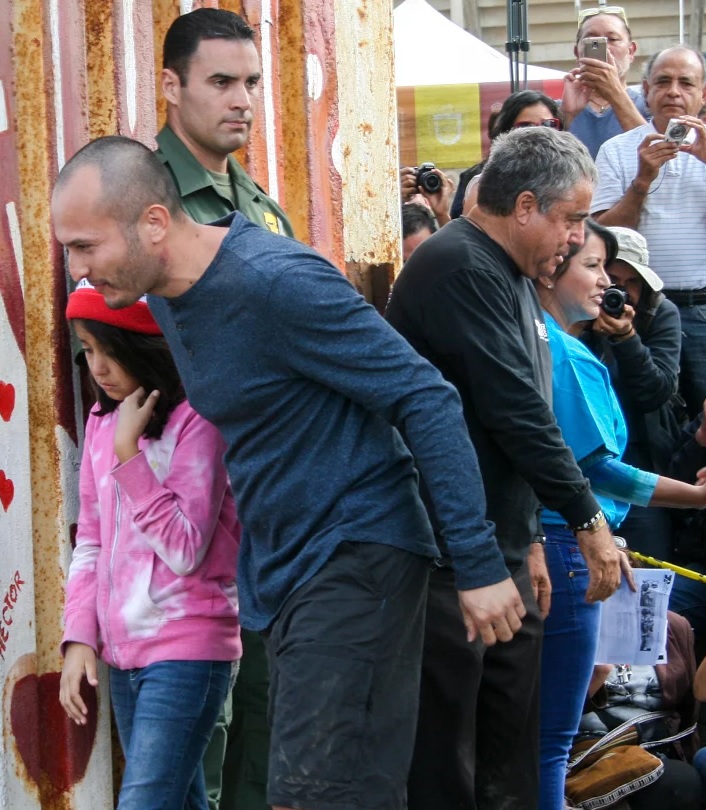
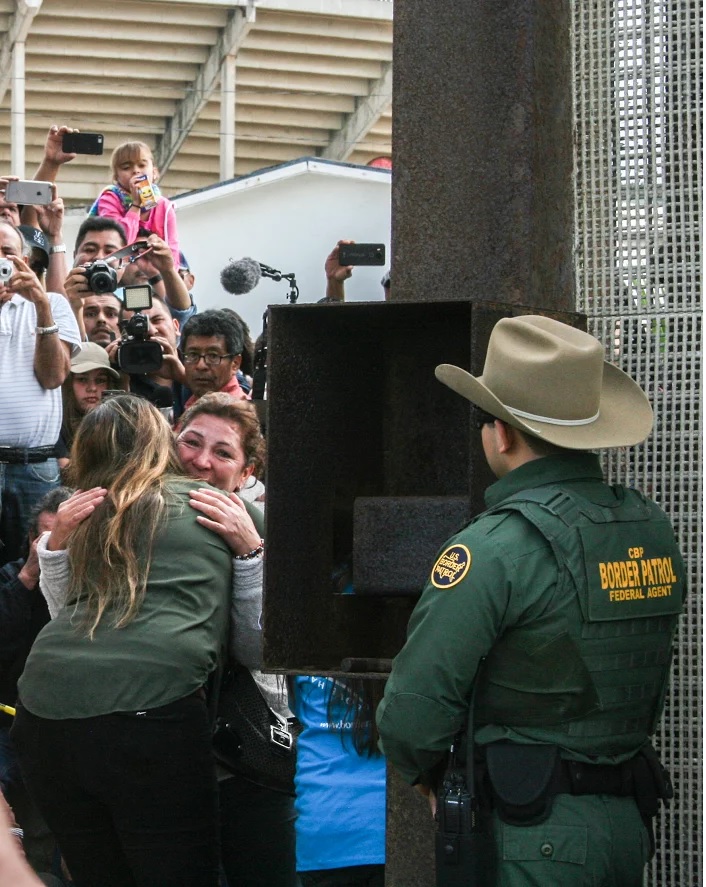
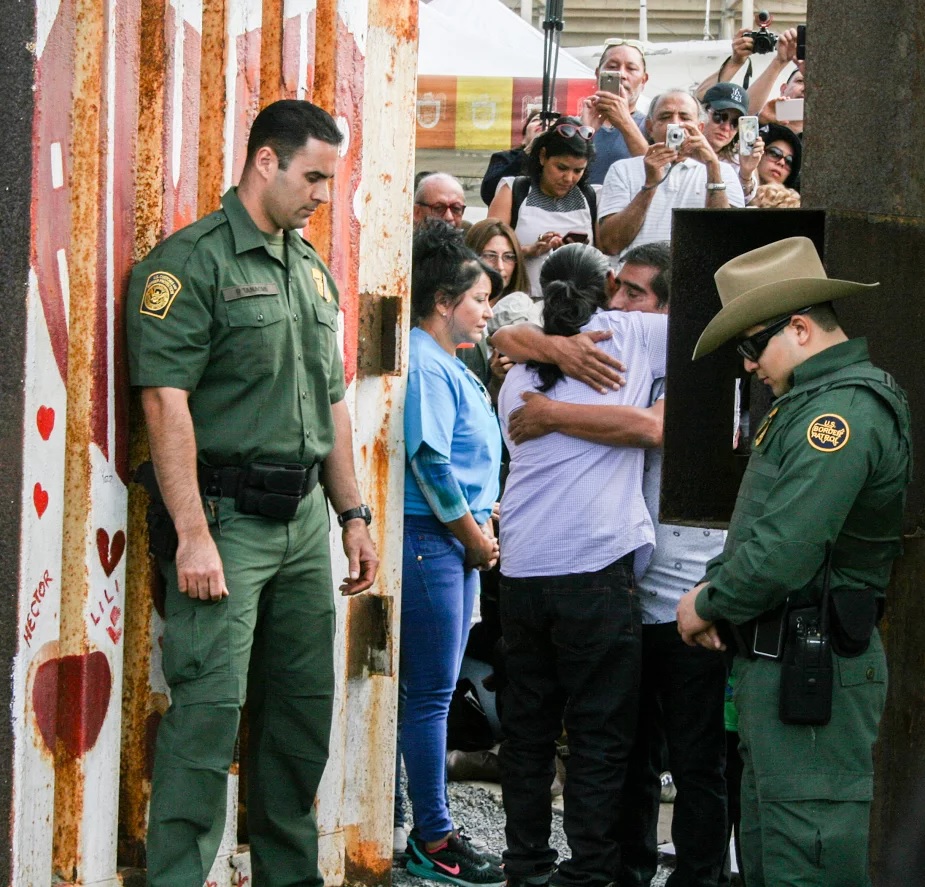
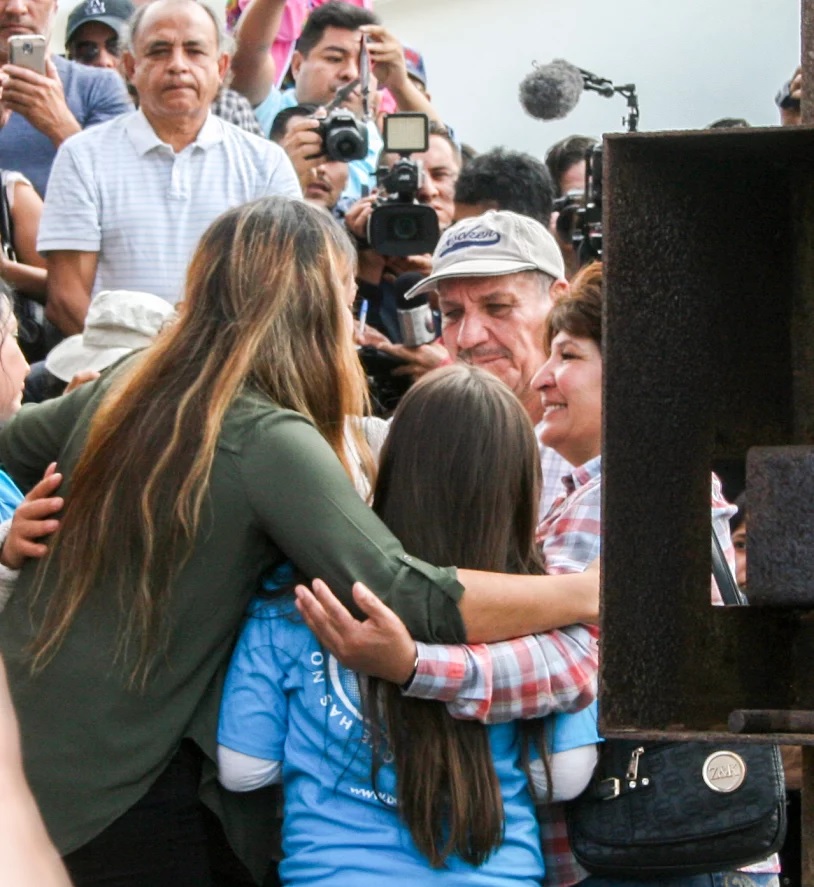
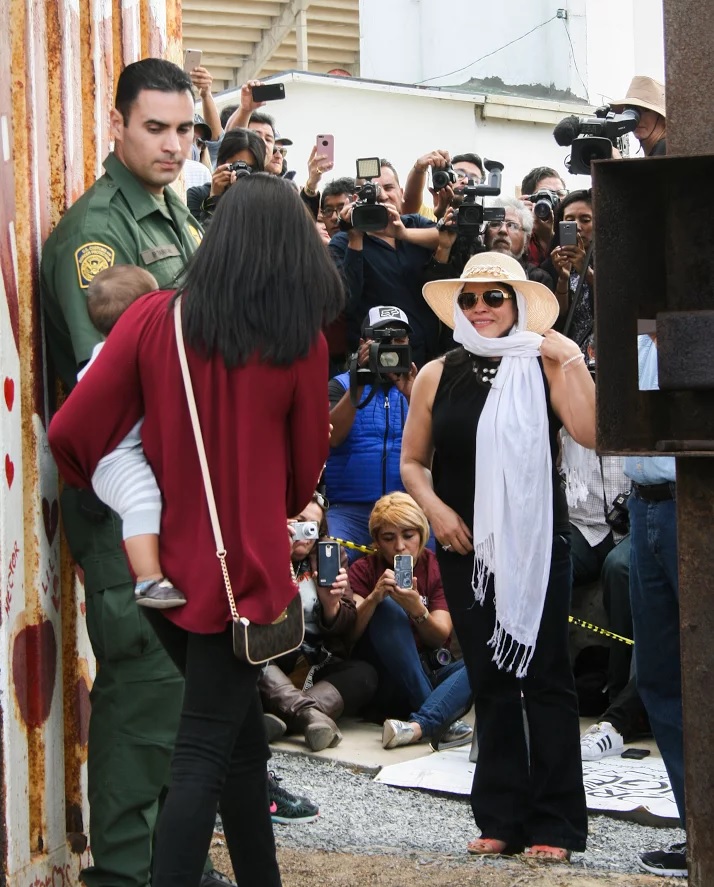
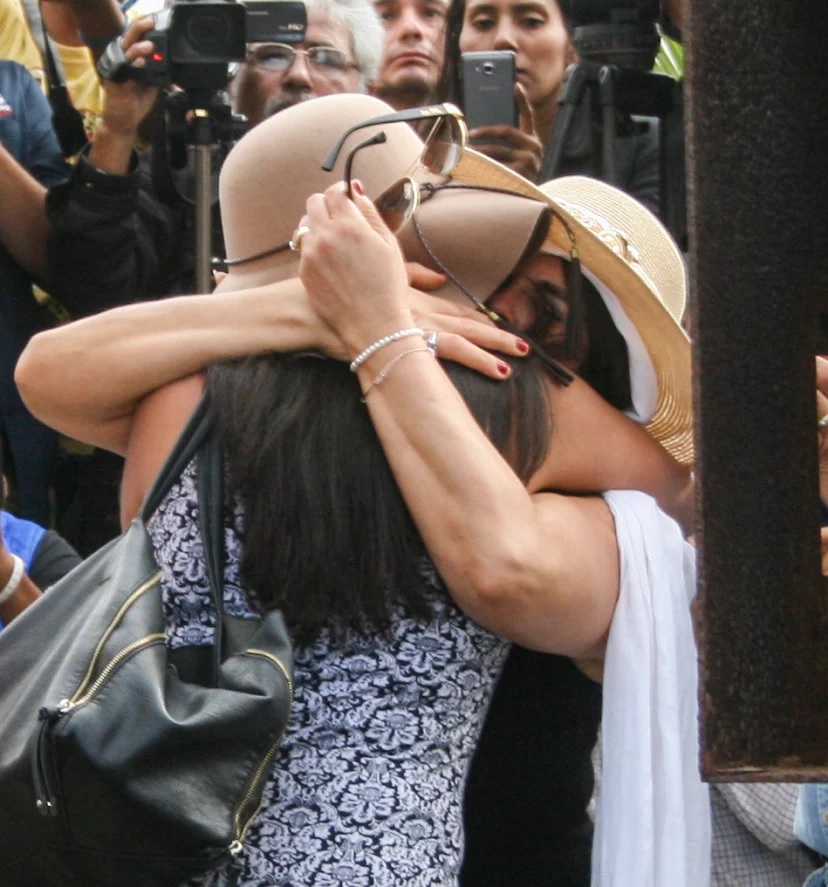
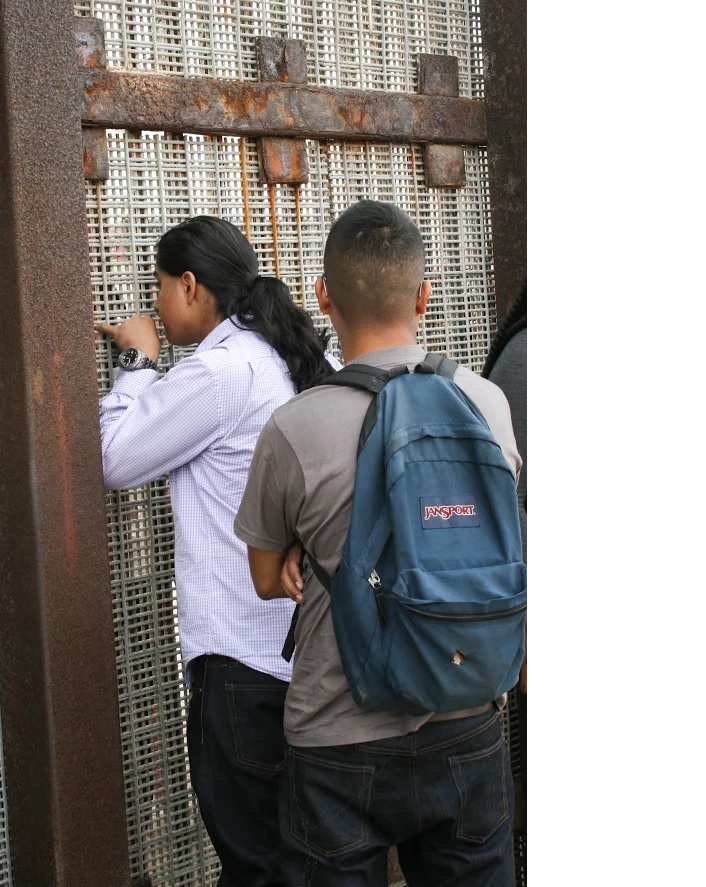
Fascinating story. I SO wish they had the entire day to be together.